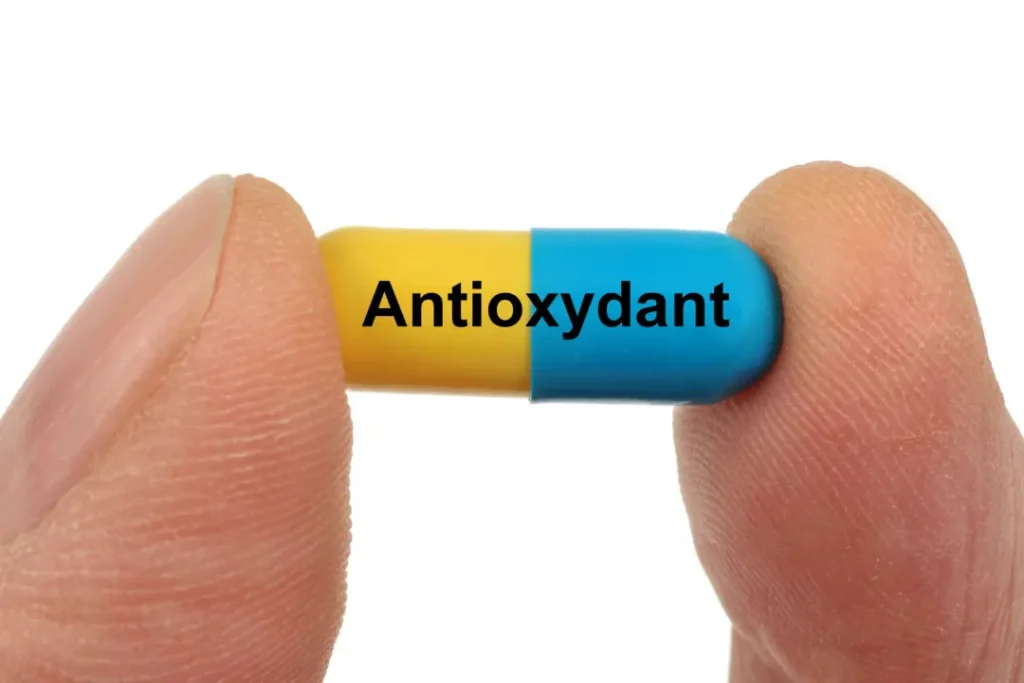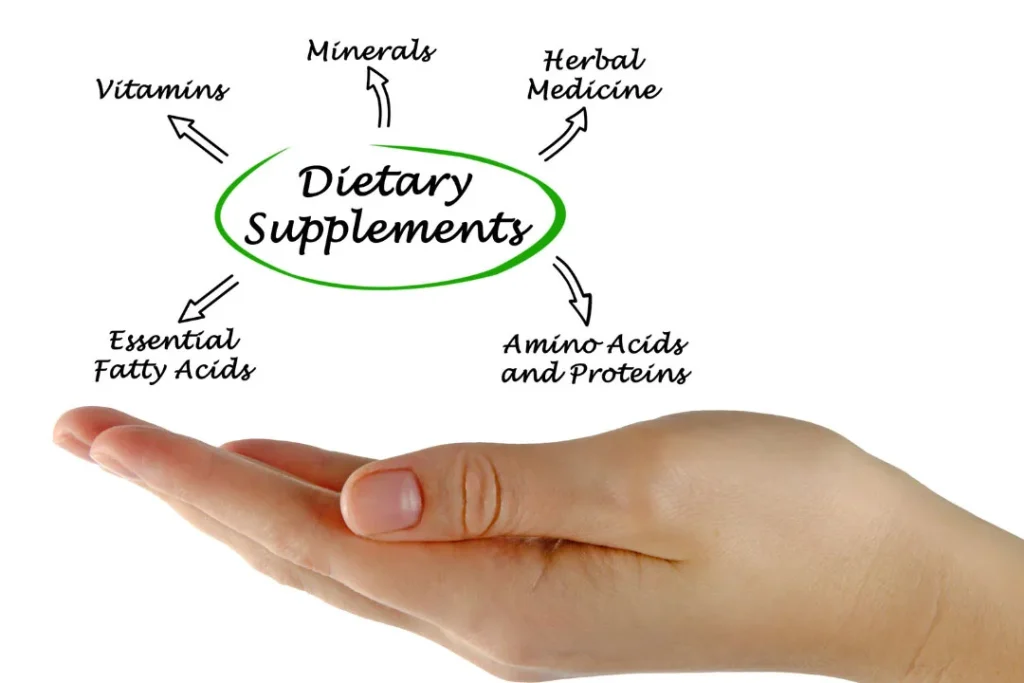A member of the Allium family, Garlic has long played a significant role in human culinary and medicinal traditions. Beyond its use in food, Garlic is used as a nutritional supplement that offers a variety of health advantages, many of which are supported by a growing body of scientific research. This page aims to give a thorough investigation of Garlic, including information on its chemical components, health advantages, recommended dosage, potential interactions and negative effects, and suggestions for safe usage by consumers like you.
You May Also Like:
5 Great Nootropic Herbs for Energy, Focus, and Productivity
A Nootropic Herb for Cognitive Enhancement: Discover Bacopa Monnieri Benefits and Side Effects
Garlic: Benefits, Dosage, Side Effects, Drug Interactions, and Other Important Information is an original (NootropicsPlanet) article.
The Nature of Garlic
The bulbous plant known as Garlic (Allium sativum) has individual cloves organized in a compound bulb. Each clove of Garlic contains a range of bioactive substances, including as polysaccharides, saponins, flavonoids, and organosulfur compounds. The main components of Garlic’s unique flavor and perfume are the organosulfur compounds, especially allicin. When Garlic is minced, crushed, or chewed, the chemical alliin is transformed into allicin by the enzyme alliinase.
Health Benefits of Garlic
Supplementing your diet with Garlic has a number of health advantages, including the enhancement of cardiovascular health, antibacterial activity, anti-cancer characteristics, and possibly neuroprotective effects. Importantly, the method and how much Garlic is used determines how effective it is in these situations.
Due mostly to its many bioactive components, Garlic has a wide range of medicinal uses. Because it lowers blood pressure and LDL cholesterol levels, Garlic exhibits positive effects for cardiovascular health. Its antiplatelet qualities also contribute to avoiding thrombosis. Garlic also possesses antibacterial qualities that enable it to combat a variety of bacteria, fungi, and viruses.
Numerous studies that have focused on Garlic’s anticarcinogenic potential have suggested that it may aid in the prevention of certain cancers. Garlic’s anti-inflammatory characteristics assist to manage illnesses like arthritis, while its antioxidant capabilities help to reduce oxidative stress. Furthermore, a few studies point to neuroprotective qualities that may lower the incidence of neurodegenerative illnesses. However, the amount and kind of Garlic ingested have a significant impact on these advantages, necessitating more research.

Chemistry of Garlic
The unique chemical components of Garlic are the key to its therapeutic properties. One such component is allicin. Allicin is one of the primary organosulfur compounds, which are important bioactive elements. Allicin is an unstable substance that breaks down quickly into other organosulfur substances, including diallyl disulfide (DADS), diallyl trisulfide (DATS), and S-allyl cysteine (SAC), all of which significantly affect health in positive ways. Additionally, flavonoids and other polyphenolic antioxidants found in Garlic contribute to its health-promoting qualities.
Physiological Mechanisms of Action
Garlic’s health benefits exist because of its unique chemical constituents and their subsequent physiological interactions:
- Cardiovascular Health: Allicin, one of the organosulfur components in Garlic, can help decrease blood pressure and cholesterol levels. They help to promote cardiovascular health by encouraging vasodilation and lowering cholesterol buildup.
- Antibacterial Action: Due to the antibacterial action of allicin against a variety of bacteria, fungi, viruses, and parasites, Garlic is a natural, powerful, antimicrobial agent.
- Antioxidant Activity: The organosulfur compounds and polyphenolic components of Garlic are responsible for its antioxidant activity. These substances assist in scavenging dangerous free radicals, lowering oxidative stress and the harm it causes to your body.
- Neuroprotective Effects: According to certain research, Garlic’s anti-inflammatory and antioxidant characteristics may have neuroprotective effects, which may help to ward off the development of neurodegenerative illnesses.

Optimal Dosage of Garlic
Depending on the intended application and product type, the ideal dosage of Garlic may change person to person. Nutritional experts often advised people to consume 1-2 raw Garlic cloves or 300–1000 mg of Garlic extract daily for general health. However, dependent on your tolerance, age, and personal health state, doses may need to be changed. You are urged to speak with a healthcare professional before starting any supplement program.
Side Effects
Experts and consumers alike believe Garlic to be safe for eating, although some people may have adverse effects such as heartburn, stomach distress, poor breath, and body odor. Allergic responses might happen on occasion.

Potential Substance Interactions with Garlic
The risk of bleeding is increased by the interaction of Garlic with several drugs such as anticoagulants. As a result, if you are one of the many patients taking these drugs, please speak with a doctor before beginning a Garlic supplement.
Responsible Uses of Garlic
Numerous health advantages may be gained from include Garlic in your diet; however, safe use of any supplement is essential. A healthy diet or prescription medicine should not be replaced by Garlic; rather, Garlic should be used in addition to them. Garlic can be used as a dietary supplement in a safe and effective manner by consulting a healthcare professional.
Garlic’s unique chemical make-up, especially its organosulfur compounds, is responsible for a variety of health advantages. Its ability to improve cardiovascular health, exhibit antibacterial actions, and provide antioxidant and neuroprotective benefits support its relevance as a dietary supplement. However, while research on the benefits of Garlic for health and disease prevention goes on, it is still essential to take it responsibly, at the right doses, and while taking into account any possible adverse effects and interactions.

Garlic:
Conclusion
Garlic is a plant famous around the world for much of human history. It is a staple ingredient in innumerable recipes for foods across the world. Garlic is a feast for the senses as well as nutritionally packed with substances that do a lot of important work physiologically. Garlic packs a wallop when fighting a range of diseases and generally boosting immunity strength. Garlic, as a nutritional supplement, may not be for everyone, so please review your health comprehensively in tandem with a health care provider. Should you decide Garlic is a smart choice for you, carefully calculate and maintain a healthy daily dosage.
References:
- “Garlic: A review of potential therapeutic effects.” Retrieved from: https://www.ncbi.nlm.nih.gov/pmc/articles/PMC4103721/
- “What are the benefits of garlic?” Retrieved from: https://www.medicalnewstoday.com/articles/265853
- “Garlic in health and disease.” Retrieved from: https://pubmed.ncbi.nlm.nih.gov/24725925/
Important Note: The information contained in this article is for general informational purposes only, and should not be construed as health or medical advice, nor is it intended to diagnose, prevent, treat, or cure any disease or health condition. Before embarking on any diet, fitness regimen, or program of nutritional supplementation, it is advisable to consult your healthcare professional in order to determine its safety and probable efficacy in terms of your individual state of health.
Regarding Nutritional Supplements Or Other Non-Prescription Health Products: If any nutritional supplements or other non-prescription health products are mentioned in the foregoing article, any claims or statements made about them have not been evaluated by the U.S. Food and Drug Administration, and such nutritional supplements or other health products are not intended to diagnose, treat, cure, or prevent any disease.


